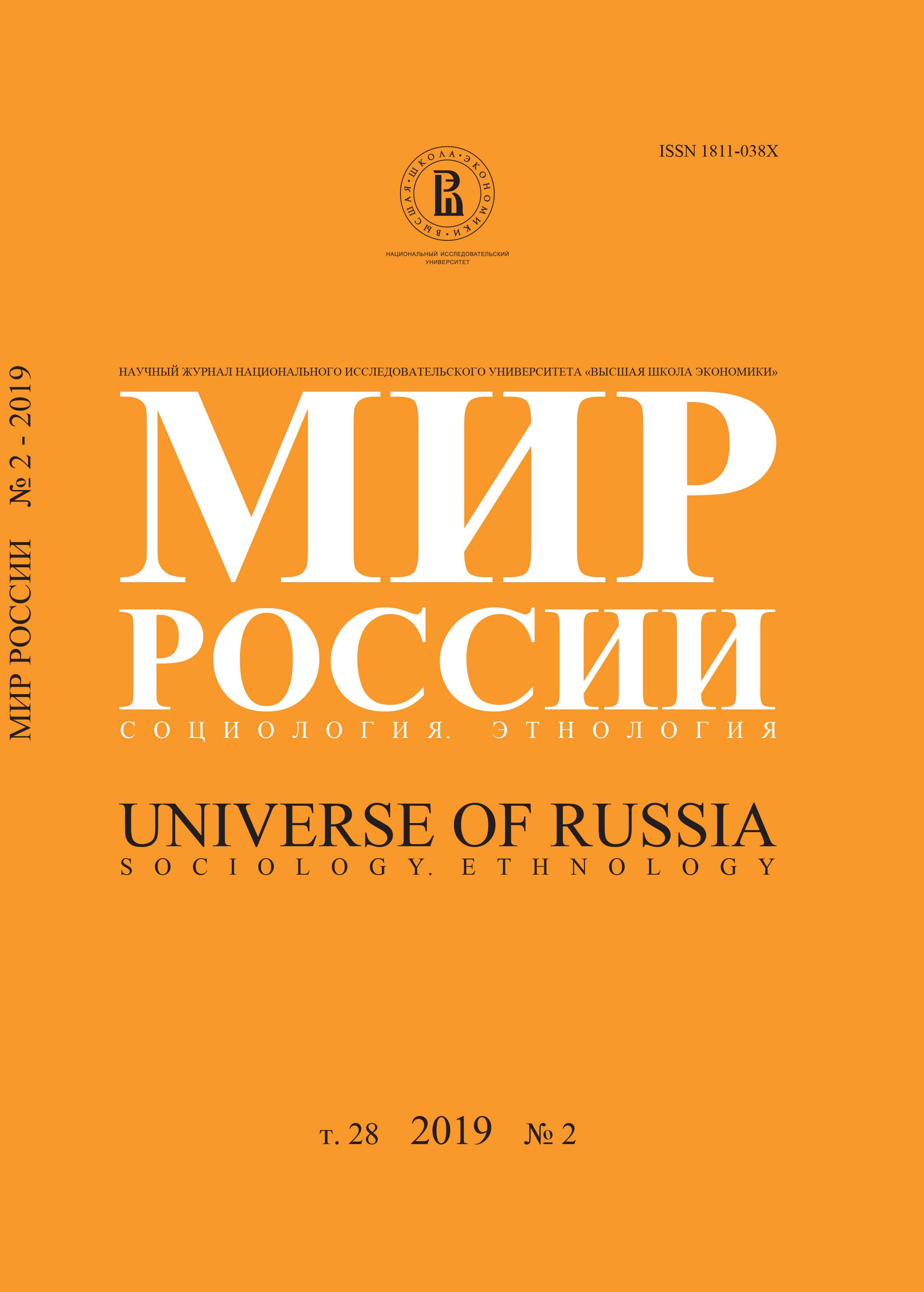Social Practices of Maintaining Enrollment at Russian Universities
Abstract
Citation: Urban О. (2019) Social Practices of Maintaining Enrollment at Russian Universities. Mir Rossii, vol. 28, no 2, pp. 125–147 (in Russian). DOI: 10.17323/1811-038X-2019-28-2-125-147
The recent modernization of the higher education system in Russia developed a network of universities with special status and financial support. Such universities have become centers of attraction for young people from different regions of the Russian Federation. The focus of this study, however, is on how the universities that do not enjoy such a special status maintain and attract enrollment in such a context. More specifically, the study focuses on the social practices that underpin the process of such enrollment and utilizes the methodological framework for the study of social practices developed by Zaslavskaya. The study reveals that these universities face problems both with the quality and quantity of applicants. They spontaneously adapt to this situation by recruiting applicants to publicly and privately funded places in order to solve their internal contradictory problems – on one hand, to maintain enrollment in order to preserve an educational program and the teaching load of instructors, while, on the other, complying with regulatory requirements regarding the selection of applicants and the level of their further training. The violation of these requirements can have extremely negative consequences for universities. By analyzing normative documents, the study further reveals how these practices were formed to ensure the survival of universities. The author argues that existing practices
distort competitive selection and create institutional obstacles to the modernization of regional economies by having a detrimental effect on regional human capital. These practices are, in part, of non-legal nature, because they are often accompanied by violations of regulatory requirements and moral obligations of universities to provide quality higher education. The article concludes, however, that the identified practices are not local. They are rooted differentially across Russian universities depending on their status, the competitive potential of universities and where universities operate. Finally, the author elaborates on solutions to transform existing practices in accordance with the
goals of regional higher education systems.






